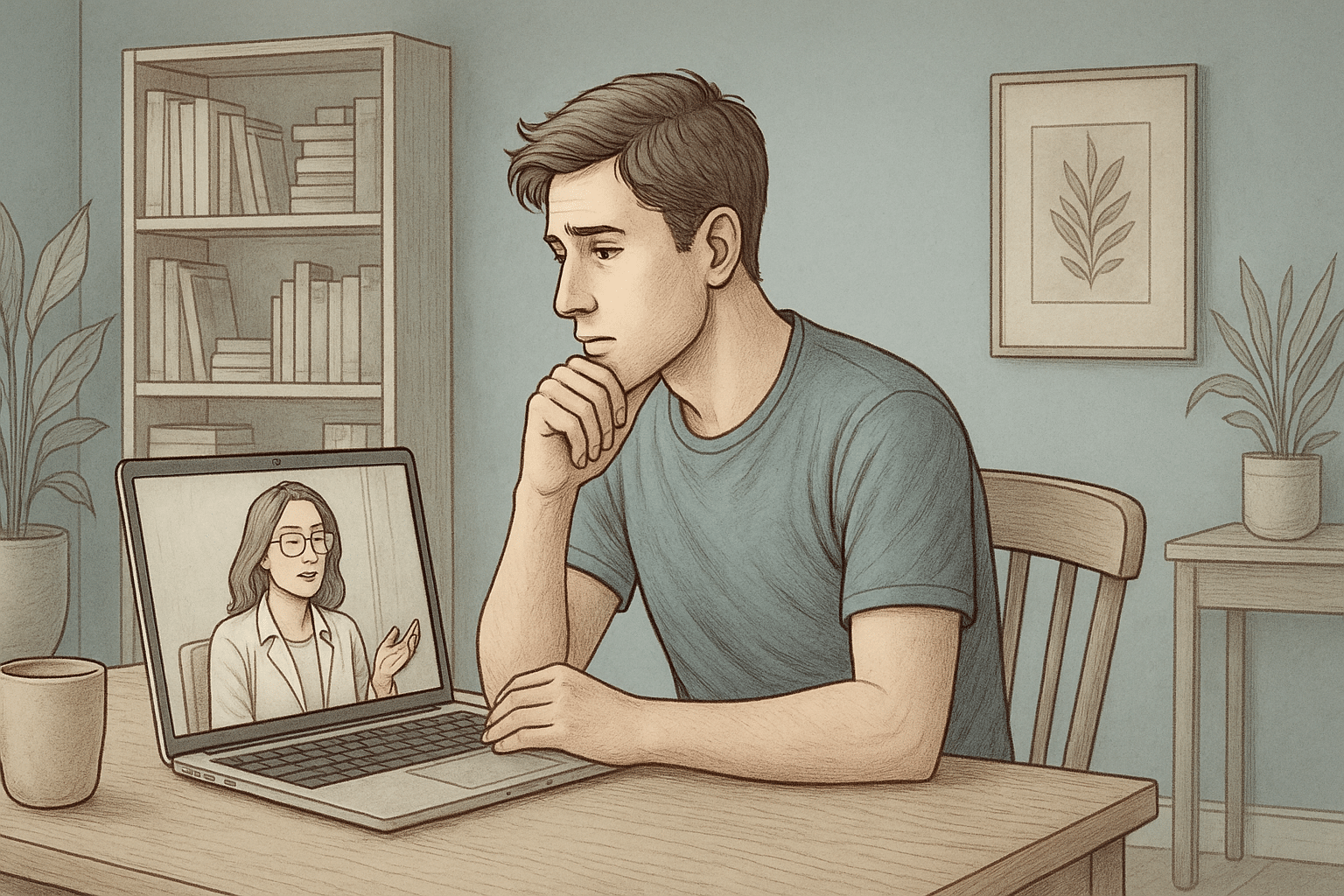
Key Takeaways
- Online ADHD diagnosis is legitimate and effective, offering the same diagnostic standards as in-person evaluations with added convenience.
- Licensed psychiatrists, psychologists, and psychiatric nurse practitioners can all diagnose ADHD through telehealth platforms.
- Most ADHD medications, including stimulants, can be prescribed through telehealth, though state regulations may affect controlled substance prescriptions.
- Insurance coverage for telehealth ADHD services has expanded significantly, making online treatment more accessible than ever.
- Mission Connection provides comprehensive telehealth ADHD services, including complete virtual assessments, medication management, Cognitive Behavioral Therapy, and ongoing support through secure, HIPAA-compliant platforms.
Yes, Online ADHD Diagnosis Works
Telehealth diagnosis for ADHD follows the same clinical guidelines and diagnostic criteria as in-person evaluations. The American Psychiatric Association recognizes virtual ADHD assessments as valid when conducted by qualified professionals using comprehensive evaluation methods. At Mission Connection, our clinicians are specially trained in virtual assessment techniques that maintain diagnostic accuracy while leveraging the benefits of the online format.
Research supports the efficacy of telehealth for ADHD. Studies comparing in-person and virtual assessments have found comparable diagnostic accuracy and patient satisfaction rates. One key advantage we’ve noted is increased accessibility; patients in rural areas or those with transportation challenges can now access specialized care that might otherwise be unavailable to them.
Mission Connection offers flexible outpatient care for adults needing more than weekly therapy. Our in-person and telehealth programs include individual, group, and experiential therapy, along with psychiatric care and medication management.
We treat anxiety, depression, trauma, and bipolar disorder using evidence-based approaches like CBT, DBT, mindfulness, and trauma-focused therapies. Designed to fit into daily life, our services provide consistent support without requiring residential care.
Telehealth ADHD Process
Initial Screening Steps
Your journey begins with a brief pre-screening questionnaire that provides basic information about your symptoms and concerns. This initial step allows your therapist to determine if a full ADHD evaluation is appropriate or if other assessments might be needed first.
Once scheduled, you’ll complete comprehensive rating scales and symptom inventories prior to your first appointment. These standardized measures provide valuable baseline data and help clinicians focus the subsequent evaluation.
Virtual Assessment Methods
Comprehensive ADHD evaluations typically require 1–2 virtual sessions with a qualified mental health professional. During these appointments, you’ll partake in detailed clinical interviews exploring your developmental history, current symptoms, and how these challenges impact different areas of your life.
Additional computerized assessments may be used to measure attention, impulsivity, and executive function directly.
Required Documentation
Proper documentation is essential for an accurate ADHD diagnosis, even in the virtual environment. You’ll be asked to provide school records, previous psychological evaluations, and medical history before the assessment.
These documents provide valuable context about symptom history and rule out alternative explanations. You might find it helpful to have a family member or close friend join part of the session to give their own perspectives on the behaviors they observe.
Follow-up Appointments
After the diagnostic process is complete, a follow-up appointment is scheduled to review findings and discuss treatment recommendations. This collaborative session allows your therapist to answer questions and develop a personalized treatment plan that addresses your specific needs and goals.
For those beginning medication treatment, more frequent initial check-ins are required to monitor effectiveness and side effects before transitioning to regular maintenance appointments.
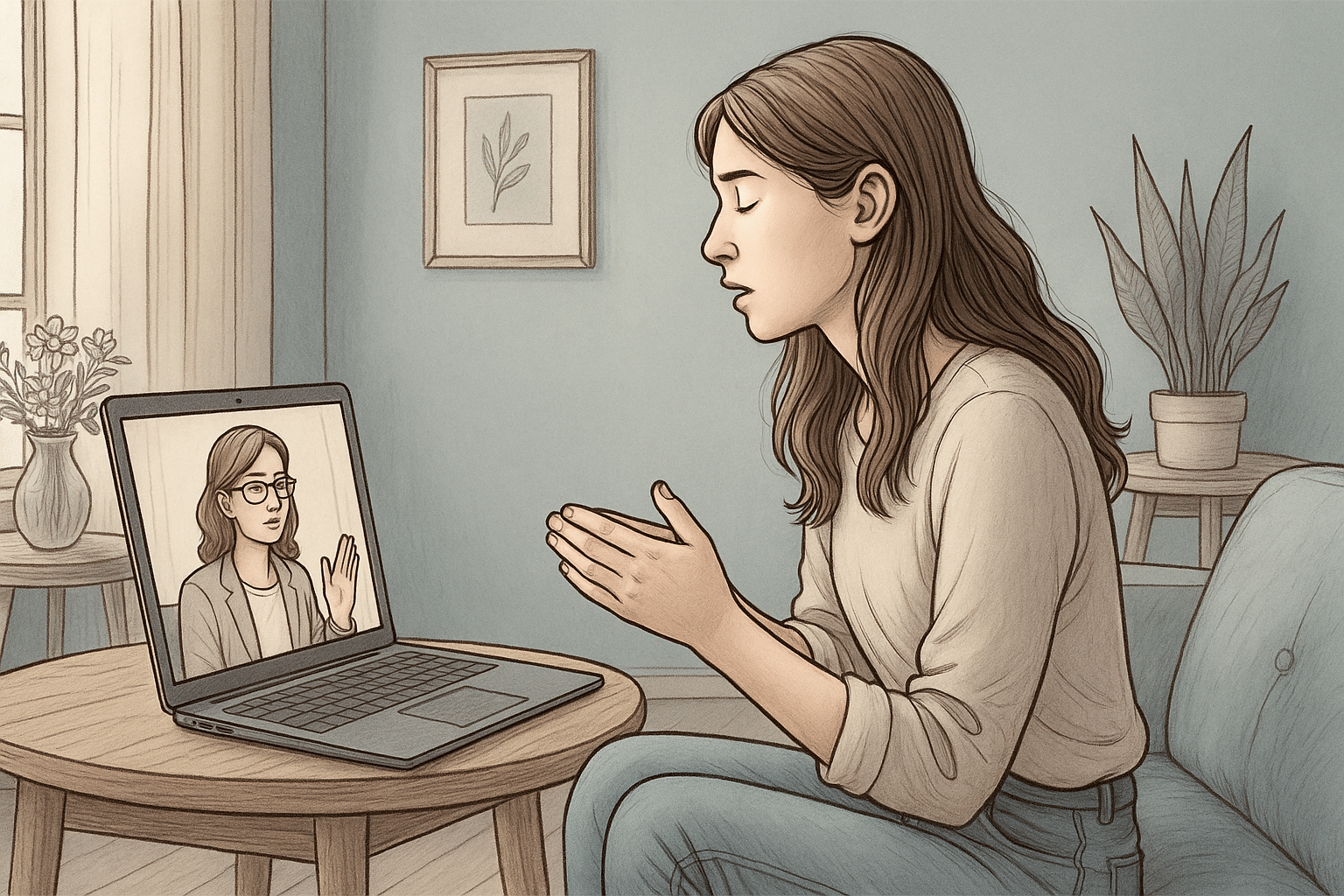
Who Can Diagnose Online?
Licensed Psychiatrists
Psychiatrists are medical doctors with specialized training in mental health conditions, including ADHD. Their medical background allows them to evaluate potential medical causes for symptoms and prescribe medications when appropriate.
Telehealth psychiatrists can conduct comprehensive evaluations, make diagnoses, and provide ongoing medication management through a secure virtual platform.
Specialized Psychologists
Clinical psychologists with expertise in ADHD can provide thorough diagnostic evaluations through telehealth. While they cannot prescribe medication in most states, psychologists offer detailed cognitive and psychological assessments that may provide a more comprehensive understanding of your cognitive strengths and weaknesses.
Psychologists are particularly skilled at differentiating ADHD from other conditions with similar symptoms, such as learning disabilities, anxiety, or trauma-related disorders. Their in-depth understanding of cognitive and behavioral patterns helps make sure they give you an accurate diagnosis and recommend the most appropriate treatments.
Telehealth Treatment Options
Effective ADHD treatment extends beyond medication to include various behavioral and therapeutic approaches. Telehealth offers comprehensive treatment options that address all aspects of living with ADHD.
Cognitive Behavioral Therapy
Cognitive Behavioral Therapy (CBT) adapted specifically for ADHD has shown significant effectiveness in helping individuals develop organizational skills, time management strategies, and emotional regulation techniques.
Through secure video sessions, therapists provide structured CBT interventions customized to your specific challenges. The virtual format allows them to conduct therapy while you’re in the home or work environment where symptoms typically occur.
Parent Training Programs
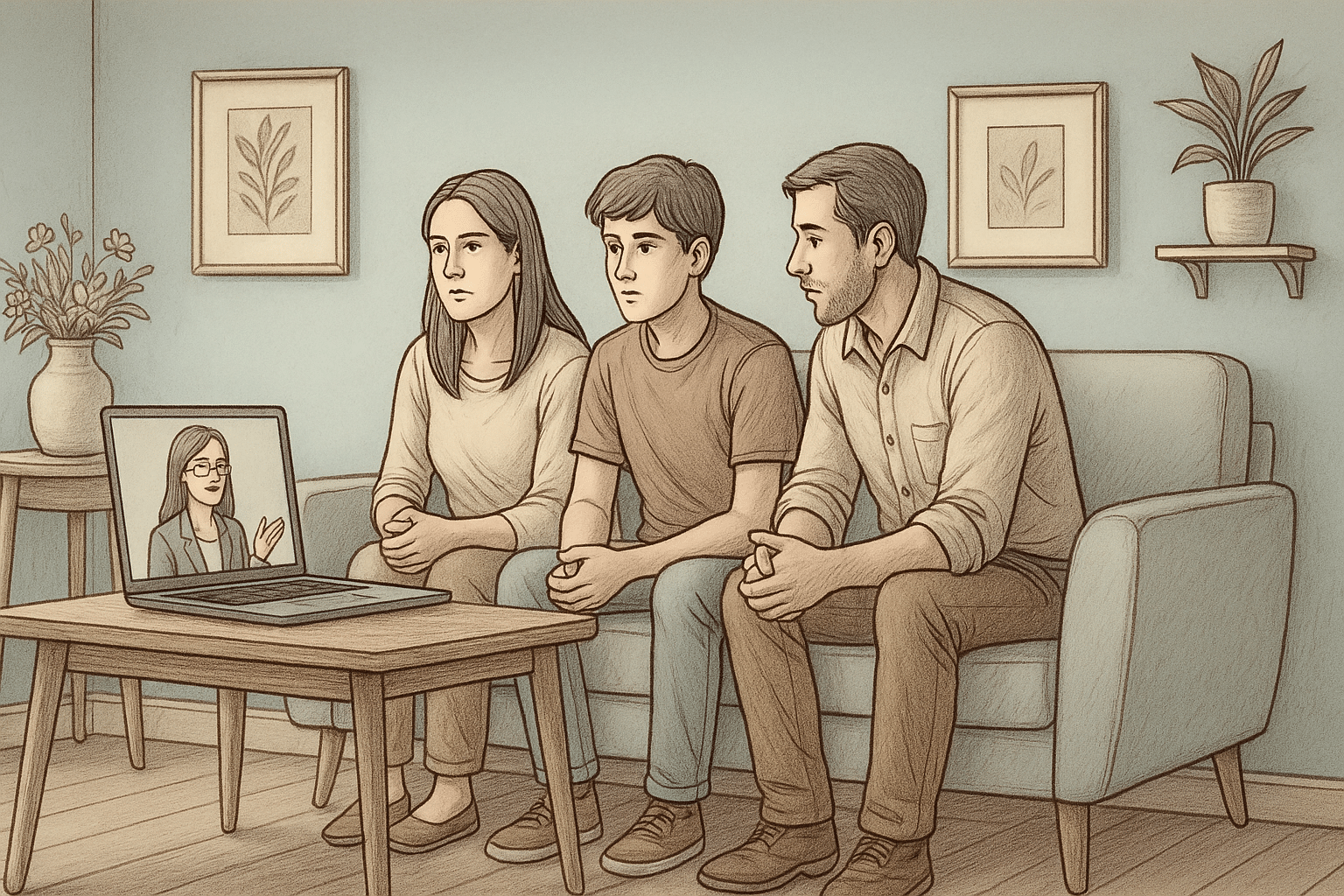
Telehealth platforms offer structured parent training programs that teach specific techniques for managing ADHD behaviors, establishing effective routines, and creating supportive home environments. These sessions can include both parents regardless of location.
The virtual format allows specialists to observe parent-child interactions in the natural home environment and provide real-time coaching. This approach often leads to more success compared to office-based training alone.
Skills Development
Executive functioning deficits are core challenges for many people with ADHD. Telehealth treatment provides targeted skills development sessions focusing on organization, planning, time management, and emotional regulation.
These structured interventions use screen-sharing capabilities to demonstrate tools and techniques that can be immediately implemented.
Telehealth vs. In-Person Care
Diagnostic Accuracy
Research has consistently shown that telehealth ADHD evaluations provide diagnostic accuracy comparable to in-person assessments when conducted by qualified professionals using comprehensive methods.
In some cases, telehealth may actually improve diagnostic accuracy by allowing clinicians to observe patients in their natural environments where symptoms typically occur. The reduced anxiety many patients experience during virtual appointments can also lead to more authentic interactions and more accurate reporting of symptoms.
Treatment Effectiveness
Studies examining treatment outcomes show equivalent effectiveness between telehealth and in-person care for ADHD management. Medication response rates, symptom improvement, and patient satisfaction scores are similar across both delivery methods.
Our internal data confirms these findings, with telehealth patients showing significant symptom reduction and functional improvement comparable to traditional in-person treatment.
Convenience Factors
The convenience advantages of telehealth are particularly valuable for individuals with ADHD, who often struggle with time management, organization, and remembering appointments.
Virtual visits eliminate travel time, waiting room delays, and the need to take extended time away from work or school. These convenience factors make the difference between consistently receiving care and frequently missing or canceling appointments.
For parents of children with ADHD, virtual appointments mean no need to arrange childcare or transportation, making it easier to maintain consistent treatment for your child.
Choosing a Provider
Credentials Check
Always verify that telehealth providers hold appropriate licenses in your state and have specific training and experience with ADHD. Look for board certifications in psychiatry, clinical psychology, or other relevant specialties.
At Mission Connection, all our clinicians have specialized training in ADHD assessment and treatment, and we maintain strict credentialing standards to ensure quality care.
Platform Security
The security of your health information should be a top priority when selecting a telehealth provider. Make sure that any service you consider uses HIPAA-compliant video platforms and secure electronic health record systems. Ask specific questions about data encryption, privacy policies, and security measures to protect your sensitive information.
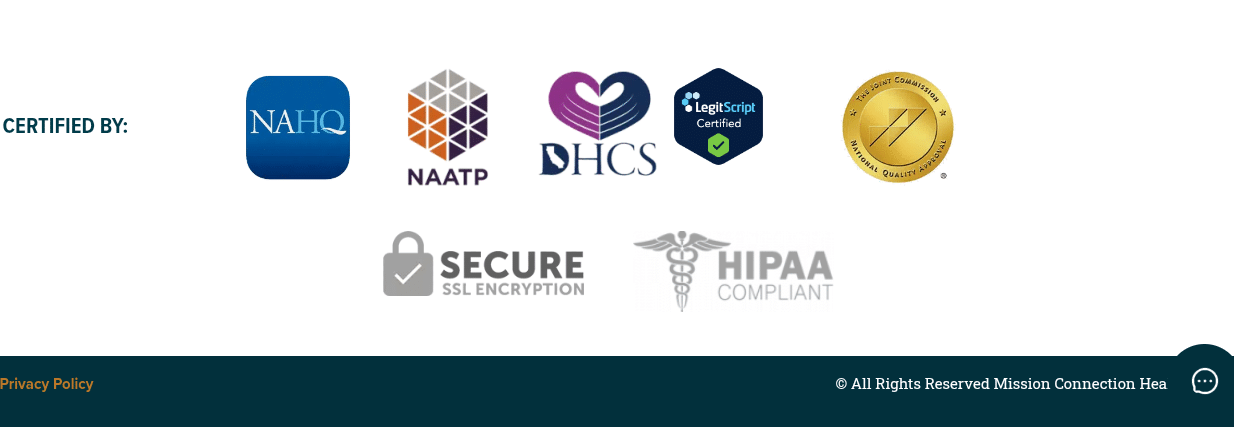
Reviews Matter
Patient reviews and testimonials can provide valuable insights into the quality and reliability of telehealth ADHD services.
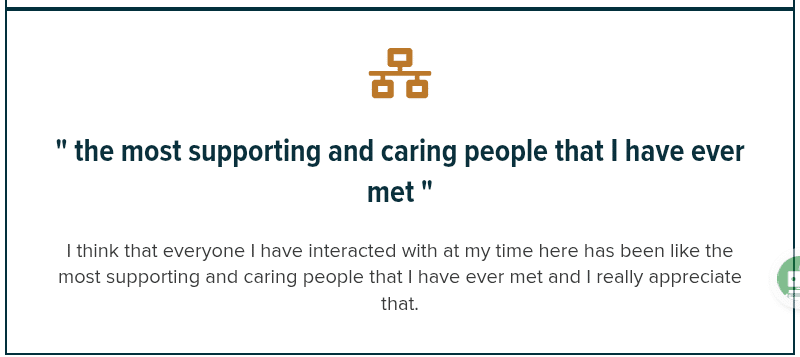
While individual experiences vary, consistent themes in reviews often highlight a provider’s strengths and weaknesses.
Transform Your ADHD Management with Mission Connection’s Expert Telehealth Services
At Mission Connection Healthcare, we’ve pioneered telehealth ADHD care that combines clinical excellence with cutting-edge technology. Our specialized providers understand that ADHD affects every aspect of daily life, from work performance to personal relationships.
That’s why we provide complete care, including medication management, Cognitive Behavioral Therapy, skills development, and ongoing support through our secure, user-friendly platform.
What sets Mission Connection apart is our commitment to personalized care delivered through enterprise-grade security systems that protect your sensitive health information.
Our team of licensed psychiatrists, psychologists, and psychiatric nurse practitioners brings specialized ADHD expertise directly to your home, eliminating travel time and scheduling conflicts that often derail traditional treatment.

Don’t let untreated ADHD continue limiting your potential; contact Mission Connection today to begin your journey toward better focus, improved relationships, and enhanced quality of life through expert telehealth services.
Call Today 866-833-1822.
Frequently Asked Questions
Is online ADHD diagnosis as accurate as in-person evaluation?
Yes, when conducted by qualified professionals using comprehensive assessment methods, online ADHD evaluations have comparable accuracy to in-person assessments. Mission Connection telehealth evaluations incorporate validated screening tools, thorough clinical interviews, and collateral information gathering used in traditional settings.
How quickly can I get diagnosed through telehealth?
The timeline varies based on several factors, including appointment availability and the complexity of your presentation. Typically, the process takes 2–3 weeks from initial contact to diagnosis. This includes completing preliminary questionnaires, attending 1–2 evaluation sessions, and reviewing findings with your provider. This timeline is often significantly faster than waiting for in-person evaluations, which can have months-long waitlists in many areas.
Will my insurance cover telehealth ADHD services?
Most major insurance plans now cover telehealth mental health services, including ADHD evaluations and treatment. Coverage policies vary by state and specific plan. The expansion of telehealth coverage during the pandemic has largely remained in place, making online ADHD care financially accessible for many patients.
Can all ADHD medications be prescribed online?
Most ADHD medications, including stimulants and non-stimulants, can be prescribed through telehealth following a proper evaluation. Current regulations in many states allow for the prescription of controlled substances like stimulants without an in-person visit, though specific requirements vary by location.
What makes Mission Connection’s telehealth ADHD services different from other providers?
Mission Connection Healthcare offers comprehensive telehealth ADHD services through a team of specially trained, licensed providers with extensive ADHD expertise. Our platform uses enterprise-grade encryption and HIPAA-compliant technology to ensure complete privacy and security.
We provide thorough diagnostic evaluations, medication management, specialized therapy options like CBT for ADHD, and ongoing support through convenient virtual appointments.








